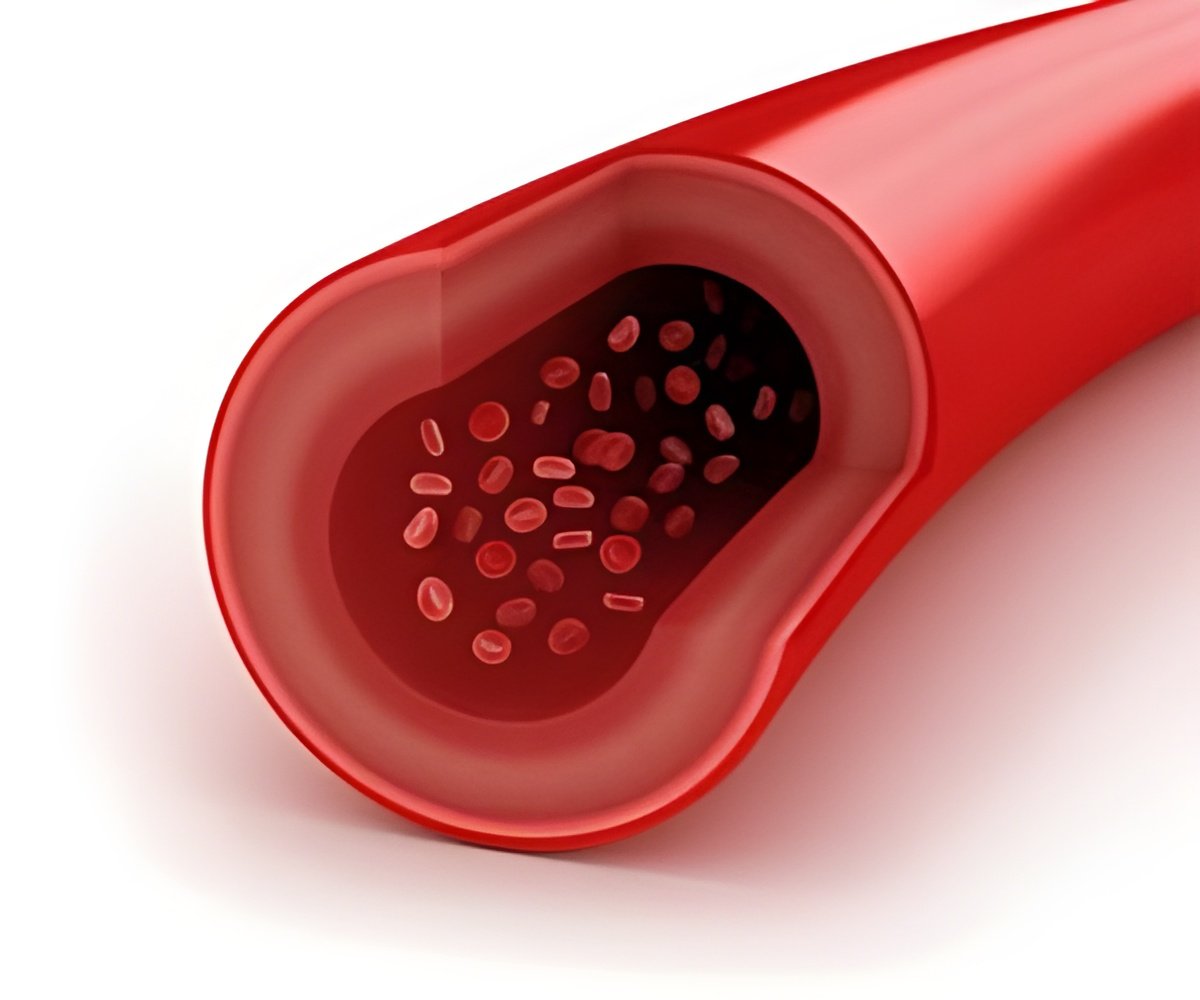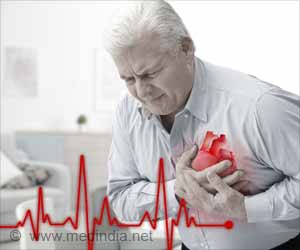
‘The entire network of blood vessels is one of the largest and most important systems in our body. New Therapeutic approaches such as CPT1A, FASN and glutamine synthetase helps to fight blood vessel related disorders.’
Tweet it Now
A multi-disciplinary team of scientists, led by prof. Peter Carmeliet (VIB-KU Leuven Center for Cancer Biology) has made several breakthrough discoveries concerning the metabolism of the individual building blocks of blood vessels - the so-called endothelial cells.They identified three key proteins that determine how blood vessels grow and behave, and that may become new therapeutic targets in blood vessel related disorders, such as life-threatening cancers and blinding eye diseases.
For his pioneering research, Peter Carmeliet will receive the most prestigious international science prize, 2018 Heineken Prize for Medicine.
Prof. Peter Carmeliet: "Our findings have been published in the leading scientific journals Nature and Cell Metabolism, all within one week.
This is truly exceptional and shows that this promising new therapeutic strategy can have far-reaching implications for blood vessel-related disorders and therapeutics.
Advertisement
All organs in the human body rely on blood vessels for a continuous supply of nutrients and oxygen. This makes the vasculature - the entire network of blood vessels - one of the largest and most important organs in our body.
Advertisement
Given the ever-increasing prevalence of cancer and diabetes, novel therapies for blood vessel-related disorders are urgently needed.
On top, such novel therapies should be based on entirely different molecular mechanisms than the currently available strategies (mostly anti-VEGF), which show limited success due to resistance mechanisms and overall low efficacy.
Normal versus diseased blood vessels
To pinpoint what exactly determines normal and abnormal blood vessel behavior, research has focused for decades on the endothelial cell (EC), the individual building block of a blood vessel.
ECs have long been considered as passive building blocks, however, Carmeliet and colleagues were the first to reveal a pivotal role for EC metabolism in blood vessel formation and function.
This challenging and pioneering research has now identified three new possible therapeutic targets in blood vessel related disorders.
Three breakthrough discoveries underline the importance of endothelial cell metabolism
In a new study, researchers Joanna Kalucka, Laura Bierhansl, Nadine Vasconcelos Conchinha and Rindert Missiaen found that ECs need to burn fatty acids in order to stay healthy and withstand stress insults.
They discovered that a protein called 'CPT1A' plays an essential role in this phenomenon and published these insights in the latest edition of Cell Metabolism.
Another publication in the same issue of Cell Metabolism, describes the work of Drs. Ulrike Brüning and Francisco Morales-Rodriguez who showed that inhibition of an enzyme involved in the synthesis of fatty acids, called 'FASN', prevents excessive blood vessel growth in eye disease.
Finally, Drs. Guy Eelen and Charlotte Dubois unraveled a totally unexpected role for the enzyme 'glutamine synthetase' in sustaining motility of the ECs through a mechanism requiring a fatty acid called 'palmitate'.
Today their research results are published in Nature.
This makes CPT1A, FASN and glutamine synthetase possible new therapeutic targets to fight blood vessel related disorders.
This highly novel therapeutic approach starting from the metabolism of the endothelial cells is truly promising and might outperform currently available (anti-VEGF) therapies in terms of efficacy in the near future.
International recognition for pioneering research
This September, Prof. Peter Carmeliet will receive the prestigious 2018 Heineken Prize for Medicine.
Last April, he has been awarded the 46th annual ARC Foundation Leopold Griffuel Award for basic research. Receiving these two prizes, highlights the immense impact and pioneering vision of Prof. Carmeliet's long-standing research on blood vessel formation and more recently on endothelial cell metabolism in angiogenesis.
The biennal Heineken Prize for Medicine recognizes and awards unique achievements in the fields of medicine (for the entire Life Sciences world-wide) to internationally renowned researchers, who have conducted pioneering medical research with high translational potential and whose ongoing research holds realistic promise for future innovative discoveries.
Peter Carmeliet is the first Belgian researcher to receive the Heineken Prize for Medicine. The prize is considered one of the most important in the scientific community and widely regarded as second only to the Breakthrough and Nobel Prize.
Prof. Jose? van Dijck (President of the Royal Netherlands Academy of Arts and Sciences): "The jury has selected prof. Carmeliet as the winner of the Dr A.H.Heineken Prize for Medicine 2018 for his work on the highly relevant clinical applications in vascular disease and ALS but most significantly his recent discoveries in endothelial cell metabolism."
Source-Eurekalert














